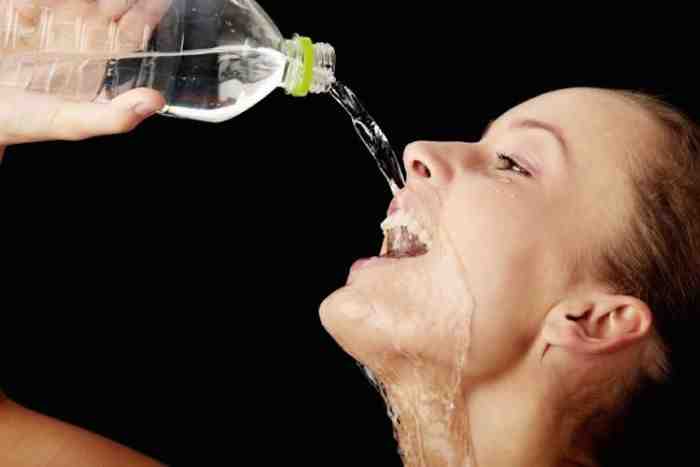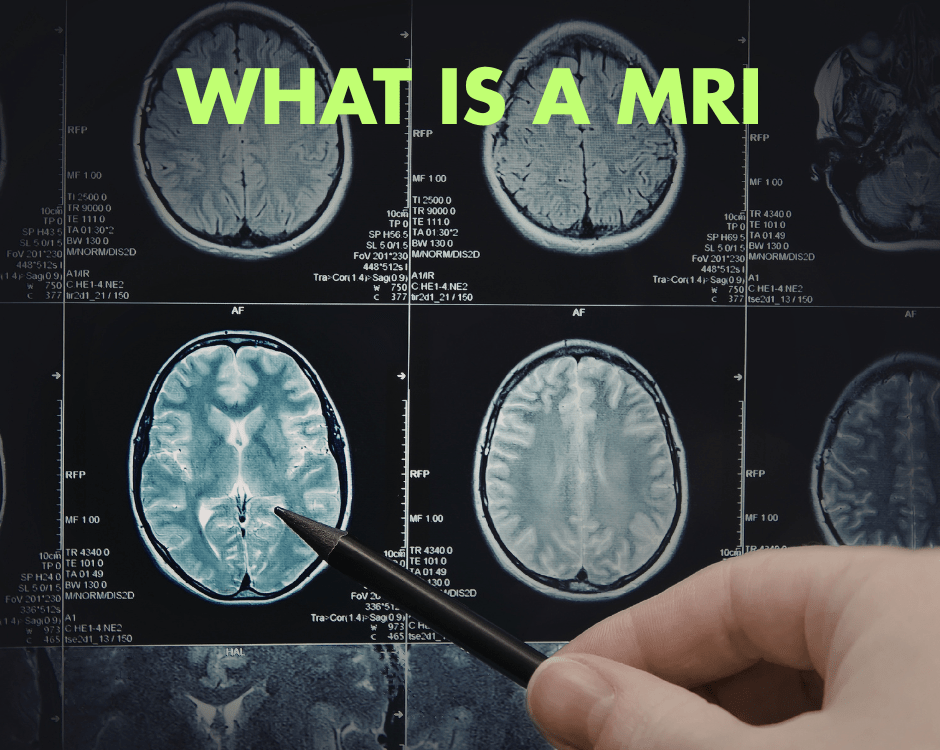How Safe is Our Bottled Water

Common Missed Fractures Following a Motor Vehicle Accident
March 1, 2024
Headphones and Hearing Loss – Your Kids Safety
March 1, 2024How Safe is our Bottled Water?
Water is life. If you find yourself out at any time of day, you will also find people with bottles of water. Fortunately, our water is portable, but unfortunately the easiest way to carry it is in a plastic bottle. Plastics have become intertwined into our daily lives, but their widespread use has led to a growing problem. As plastics break down over time, they form smaller particles called microplastics, further degradation can result in even smaller pieces known as nanoplastics.
Dr. Aaron Workman, a patient favorite at one of the highest rated auto injury medical care programs in Kentucky, takes a look at how many of these plastics we may be drinking and how it can affect our daily life.
Research published as recent as January 2024 in Proceedings of the National Academy of Sciences showed microplastics at a rate 10-100x more than previously thought in a typical bottle of water. Ninety percent of those were nanoplastics. Nanoplastics are more dangerous than microplastics. Why are they dangerous? In a review of research from The Lancet, dated December 6, 2023, “The summarized results suggest that exposure to micro and nanoplastics can lead to health effects through oxidative stress, inflammation, immune dysfunction, altered biochemical and energy metabolism, impaired cell proliferation, disrupted microbial metabolic pathways, abnormal organ development, and carcinogenicity.”
A study published in the Journal of Water Health in June 2021 focused on “quantifying microplastic particle generation from the interaction between the bottle and bottle cap during open and close cycles.” Using Red dye for detection, researchers found that “microplastic contamination levels in bottled water increased as the bottle cap was opened and closed repeatedly. The rate of microplastic particle generation with each cycle was estimated to be 553 ± 202 microplastics per liter.” This shows that just the process of opening a plastic bottle of water can induce microplastics into the water you are about to ingest. Crushing the bottle and subjecting it to heat has also been found to induce microplastics into your bottled water.
Research has also shown potential implications for individuals with Crohn’s disease and Ulcerative Colitis. A study published in the Journal Environmental Pollution in 2020 investigated the effects of microplastics on intestinal inflammation. The study found that “exposure to microplastics exacerbated colonic inflammation and altered the composition of gut microbiota in mice with colitis-like symptoms.” In 2021, in the journal, Environment Science and Technology, a study showed that people with inflammatory bowel disease (IBD) have 50% more microplastics in their feces. These findings suggest that microplastic exposure may contribute to the progression of IBD and exacerbate symptoms in affected individuals.
These examples of larger scale health problems are of concern for those of us that frequently utilize bottled water. In busy households with children always involved in sports activities, those bottles may be used almost daily. While bottled water may seem like a convenient and safe option for hydration, we should be aware of the risks associated with microplastic ingestion. Our family will focus on sticking to filtered tap water as much as possible. There is a multitude of choices when it comes to re-usable water bottles. My best advice is to invest in quality water bottles and hydrate without wondering what you are really drinking.
— This article is written by Aaron Workman, DC, one of the members of Chambers Medical Group’s team of car accident chiropractors who offer a variety of treatments and therapies ranging from diagnostic testing to various soft tissue therapies for car accidents and injuries in Kentucky.
Have you been in a car accident? If you or somebody you know has been in a car accident, be sure that you seek medical attention from a car accident doctor or car accident chiropractor to treat your injuries. Visit Chambers Medical Group to receive world-class medical treatment for your injuries.
Chambers Medical Group has car accident medical clinics in the following locations:
- Car Accident Medical Clinic in Tampa
- Car Accident Medical Clinic in Plant City
- Car Accident Medical Clinic in Brandon
- Car Accident Medical Clinic in Lakeland
- Car Accident Medical Clinic in Sarasota
- Car Accident Medical Clinic in Louisville
- Car Accident Medical Clinic in Lexington
- Car Accident Medical Clinic in Florence




